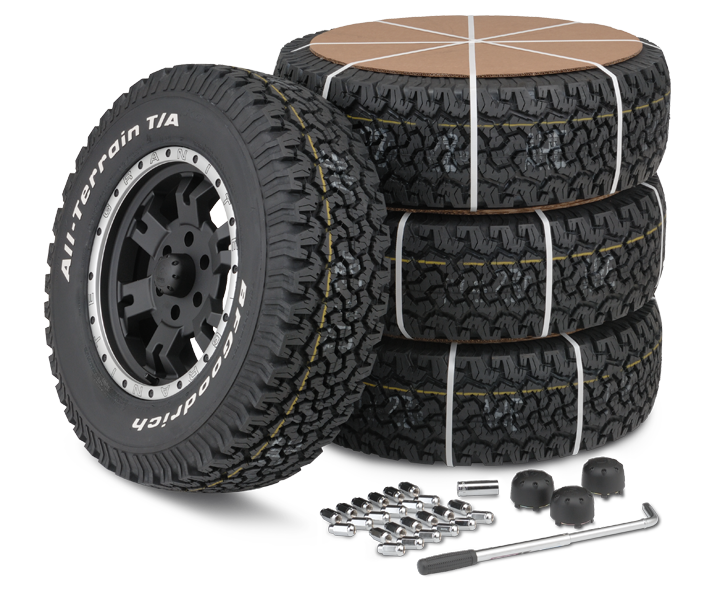Discover Exclusive Mopar Tire Service Specials in Morris Today
Discover Exclusive Mopar Tire Service Specials in Morris Today
Blog Article
Tire Service: Comprehending Tire Stress Surveillance Solutions
Recognizing Tire Stress Surveillance Equipments (TPMS) is a critical element of keeping ideal lorry efficiency and safety and security on the roadway. With improvements in automotive technology, TPMS has become a basic function in contemporary cars, providing real-time information on tire pressure levels.

Relevance of TPMS
The importance of Tire Stress Tracking Solutions (TPMS) depends on their ability to boost car safety and performance through real-time surveillance of tire stress degrees. Keeping the proper tire stress is crucial for ensuring optimal handling, stopping, and general security of a vehicle. TPMS gives vehicle drivers with prompt comments on any overinflated or underinflated tires, enabling timely adjustments to be made.
Elements of TPMS
Sensors are typically situated in the tire shutoff stem or affixed to the wheel setting up, where they measure tire stress and send information to the control component. Some advanced TPMS designs also present the real tire stress analyses for each tire, providing vehicle drivers with real-time details to make certain ideal tire performance and safety. By checking tire stress constantly, TPMS assists stop crashes, minimizes tire wear, and improves gas efficiency, making it an essential part for automobile security and efficiency. morris tire and alignment.
Kinds Of TPMS

On the other hand, indirect TPMS depends on the car's wheel rate sensors to monitor tire pressure. This system finds underinflation by contrasting the rotational rates of the wheels. Indirect TPMS is much less costly than direct TPMS, as it uses existing sensing units within the automobile.
While straight TPMS uses a lot more precise readings, indirect TPMS is simpler in design and usually needs less maintenance. Both systems have their advantages and restrictions, and the choice in between them often depends on elements such as cost, car make, and personal preference. Recognizing the distinctions in between these two kinds of TPMS can assist car owners make notified decisions concerning tire maintenance and security.
TPMS Maintenance Tips
Efficient maintenance of TPMS is vital for guaranteeing optimal performance and safety and security of your car. Regularly evaluating the TPMS sensing units for any type Going Here of damages or corrosion is crucial. Make certain that the sensors are complimentary and clean from debris that might interfere with their performance. In addition, it is recommended to check the sensing unit batteries regularly and change them as required to guarantee exact readings. Conduct regular checks on the tire stress levels and contrast them with the TPMS readings to guarantee they are regular. If there are any type of inconsistencies, recalibrate the system adhering to the maker's standards. Moreover, throughout tire rotation or substitute, ensure that the TPMS elements are taken care of very carefully to stop any kind of prospective damages. Last but not least, if the TPMS cautioning light brightens on the control panel, deal with the concern quickly by inspecting the tire stress and the overall system for any type of mistakes. By adhering to these maintenance pointers, you can lengthen the lifespan of your TPMS and enhance the security of your driving experience.
Advantages of Appropriate Tire Stress
Preserving appropriate tire pressure, as emphasized in TPMS Maintenance Tips, is vital for enjoying the many benefits related to optimum tire stress levels. Among the key advantages of keeping the proper tire stress is enhanced fuel efficiency. When tires are properly blown up, there is much less rolling resistance, leading to far better gas economy. Additionally, appropriate tire pressure ensures also tire wear, expanding the life expectancy of the tires and promoting much safer driving conditions. With the ideal tire pressure, lorries additionally have better handling and you could try these out traction, especially in negative weather. This can enhance overall driving efficiency and security for the driver and guests. Keeping ideal tire stress can contribute to a smoother and extra comfortable ride by minimizing vibrations and sound created by underinflated tires. In verdict, the benefits of appropriate tire pressure go beyond simply tire long life; they include improved fuel performance, enhanced safety and security, far better car efficiency, and overall driving convenience.
Final Thought
Finally, understanding tire pressure monitoring systems (TPMS) is crucial for preserving ideal tire pressure and making certain lorry safety. By identifying the importance of TPMS, recognizing with its elements, understanding the different types offered, sticking to correct upkeep pointers, and this website understanding the advantages of keeping correct tire pressure, drivers can enhance their driving experience and prolong the lifespan of their tires. Proper tire stress is key to efficient and safe vehicle procedure.

Report this page